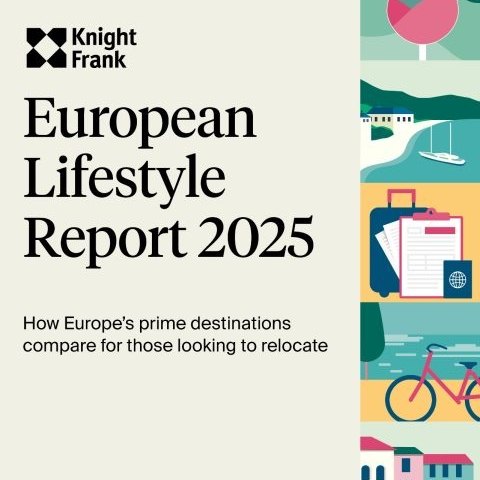Update on Proposed Tax Changes for Non-EU Property Buyers in Spain

On 22 May 2025, the Socialist Parliamentary Group (PSOE) formally presented to the Spanish Parliament a draft bill —announced earlier this year by the Prime Minister at a real estate forum— introducing a series of tax measures which have already raised concerns across the property sector. It is important to note that this is still a draft proposal in the early stages of the legislative process, and it has not yet been approved.

Key Measures Proposed
- New 100% Tax on Property Purchases by Non-EU Individuals or Companies
One of the most controversial measures is the creation of the so-called “Complementary State Tax on the Transfer of Real Estate to Non-Residents in the European Union”.
This tax would apply to:
- The transfer of real estate located in Spanish territory (first sales of new-build properties subject to VAT would be excluded).
- The constitution or transfer of rights in rem over such real estate (excluding security rights such as mortgages).
The taxable persons would be individuals or companies not resident in the European Union. The taxable base would be the purchase price (or the reference value, if higher), with a 100% tax rate applied.
Example: If this bill were approved, a non-EU resident purchasing a resale property in Andalusia for €1,000,000 would pay €70,000 in Transfer Tax (ITP), plus an additional €930,000 under the new state tax — effectively doubling the purchase cost.
- VAT on Holiday Rentals
At present, short-term holiday rentals are exempt from VAT, unless additional services typical of the hotel industry are provided.
Under the new proposal, all rentals of fewer than 30 nights, located in municipalities with a population of 10,000 or more, would be subject to 21% VAT, regardless of whether any additional services are provided.
- Higher Tax on Imputed Income from Second Homes
Second homes that are not rented out are currently subject to an annual imputed income tax based on a percentage of the cadastral value (generally 1.1% or 2%).
The new bill introduces a progressive scale:
- Up to €100,000 cadastral value: 1.1%
- From €100,000 to €500,000: 1.5%
- From €500,000 to €1,000,000: 2%
- Over €1,000,000: 3%
The resulting taxable base would then be taxed at 19% for EU residents, and 24% for non-EU residents.
Example:
If a non-EU resident owns two second homes in Spain which are not rented out:
- One with a cadastral value of €400,000
- Another with a cadastral value of €700,000
The combined cadastral value would be €1,100,000.
Applying the scale:
- First €100,000 → 1.1% = €1,100
- From €100,000 to €500,000 → 1.5% = €6,000
- From €500,000 to €1,000,000 → 2% = €10,000
- Above €1,000,000 (remaining €100,000) → 3% = €3,000
Total taxable base: €1,100 + €6,000 + €10,000 + €3,000 = €20,100.
As a non-EU resident, the applicable tax rate would be 24%, resulting in an annual tax of:
€20,100 × 24% = €4,824.
- Other Measures
The draft bill also includes tax incentives to encourage long-term residential rentals.
Legal and Economic Considerations
It is important to underline that this is currently only a draft bill — it has not yet been approved by Parliament or ratified by the Senate, and many experts believe that it is unlikely to pass in its current form.
As highlighted in various legal analyses within the sector — including by Pérez de Vargas Abogados, legal advisors to the LPA (Leading Property Agents of Spain) — the proposed 100% tax on property purchases by non-EU nationals could be considered unconstitutional, confiscatory and discriminatory.
In addition, many real estate professionals — as discussed at the recent LPA forum — believe that this government proposal would not resolve the underlying issues of housing affordability and long-term rental prices, which could be more effectively addressed through other policy measures.
At DM Properties, we will continue to closely monitor this legislative process and will keep our clients informed of any developments.
Pia Arrieta, 05 Jun 2025 - News
Related Articles

Knight Frank Global Super-Prime Intelligence Q2 2025: Global sales surge by a third
2 min. read · Pia Arrieta

Good News for Tourist Rentals in Andalusia: Licences Remain Valid After a Property Sale
3 min. read · Pia Arrieta

The Knight Frank European Lifestyle Report 2025
3 min. read · Pia Arrieta

The impact of foreign property buyers in Spain
6 min. read · Pia Arrieta